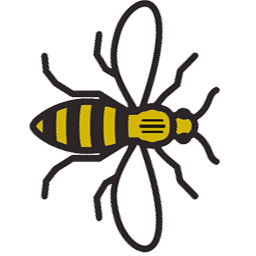The Chef de Partie, also known as a Station Chef, is one of the hardest working members of the kitchen. They are responsible for running a specific section of the kitchen, such as the appetiser or the meat section. Without Chef de Parties, the careful division of labour in the kitchen would not be upheld, and restaurant service would fall apart. Depending on the size of the establishment, they may have several assistants or be the only worker in that department. A few examples of Chef de Partie titles can include:
- The Butcher Chef, or the Boucher. They are in charge of preparing meats and poultry before they are delivered to their stations.
- The Pantry Chef, or the Garde Manger. They are responsible for preparing cold dishes, such as salads and pâtés.
- The Pastry Chef, or the Patissier. They are responsible for all baked goods–pastries and desserts abound!
- The Vegetable Chef, or the Entremetier. They prepare items like vegetables, soups, starches and eggs.
Hiring an apprentice Chef de Partie is the perfect way to train up an individual to match your establishment’s needs so that they can fit seamlessly into your kitchen and provide much-needed help. Apprentices can also bring a wealth of benefits to your business such as an increase in productivity, a decrease in staff turnover and an influx of new ideas.
A Chef de Partie apprenticeship will typically last for 12-18 months, and apprentices will learn key skills such as:
- How to produce a large range of dishes including meat, poultry, fish and vegetable dishes.
- How to store ingredients and prepare dishes to deliver a quality product that is safe for the consumer.
- How to handle multiple tasks and direct others as appropriate.
- How to work collaboratively with their team and with colleagues in other parts of their organisation.
The End-Point Assessment
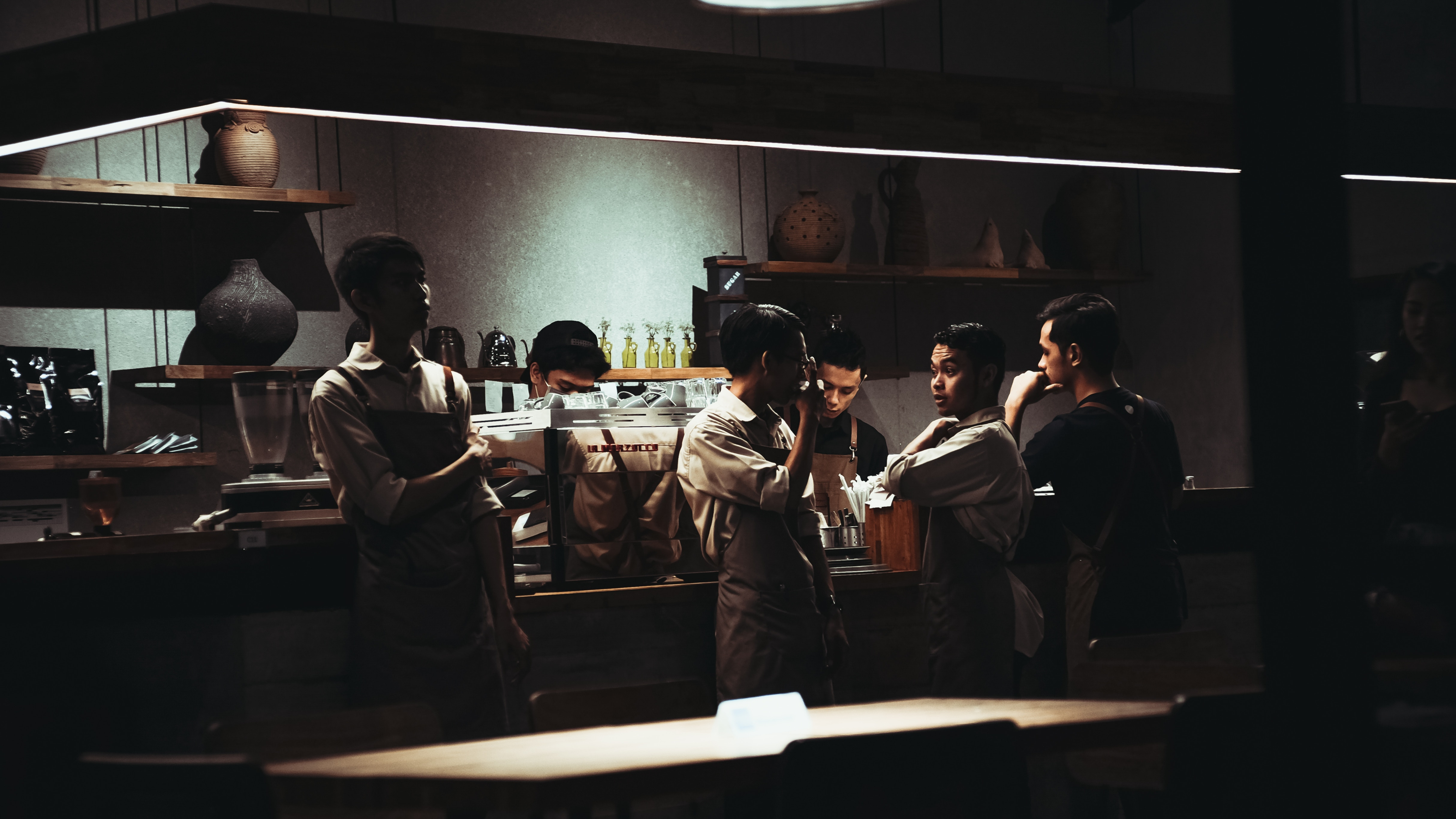
The End-Point Assessment for the Chef de Partie apprenticeship is comprised of four components including:
- Two Hour On-Demand Multiple Choice Test
- Four Hour Practical Observation
- Culinary Challenge Project and Observation
- 90-minute Professional Discussion
All assessment activities must be completed within two months at the end of the apprenticeship. The On-Demand Test, Practical Observation and Culinary Challenge can be undertaken in any order but the Professional Discussion must be the last activity completed.
Each component is given a Pass or Distinction grade. The apprentice’s final grade will be based on the combination of their overall performance in all the assessment activities. In order to pass, the apprentice must achieve 1 point for each of the four assessment components. Once the apprentice has achieved at least a pass in every assessment element, the final grade can be calculated as follows:
|
GRADING TABLE |
Points for On-Demand Test + Professional Discussion |
|||
|
2 |
3 |
4 |
||
| Points for Practical Observation + Culinary Challenge |
2 |
Pass |
Pass |
Pass |
|
4 |
Pass |
Pass |
Pass |
|
|
6 |
Pass |
Distinction |
Distinction |
|
On-Demand Test
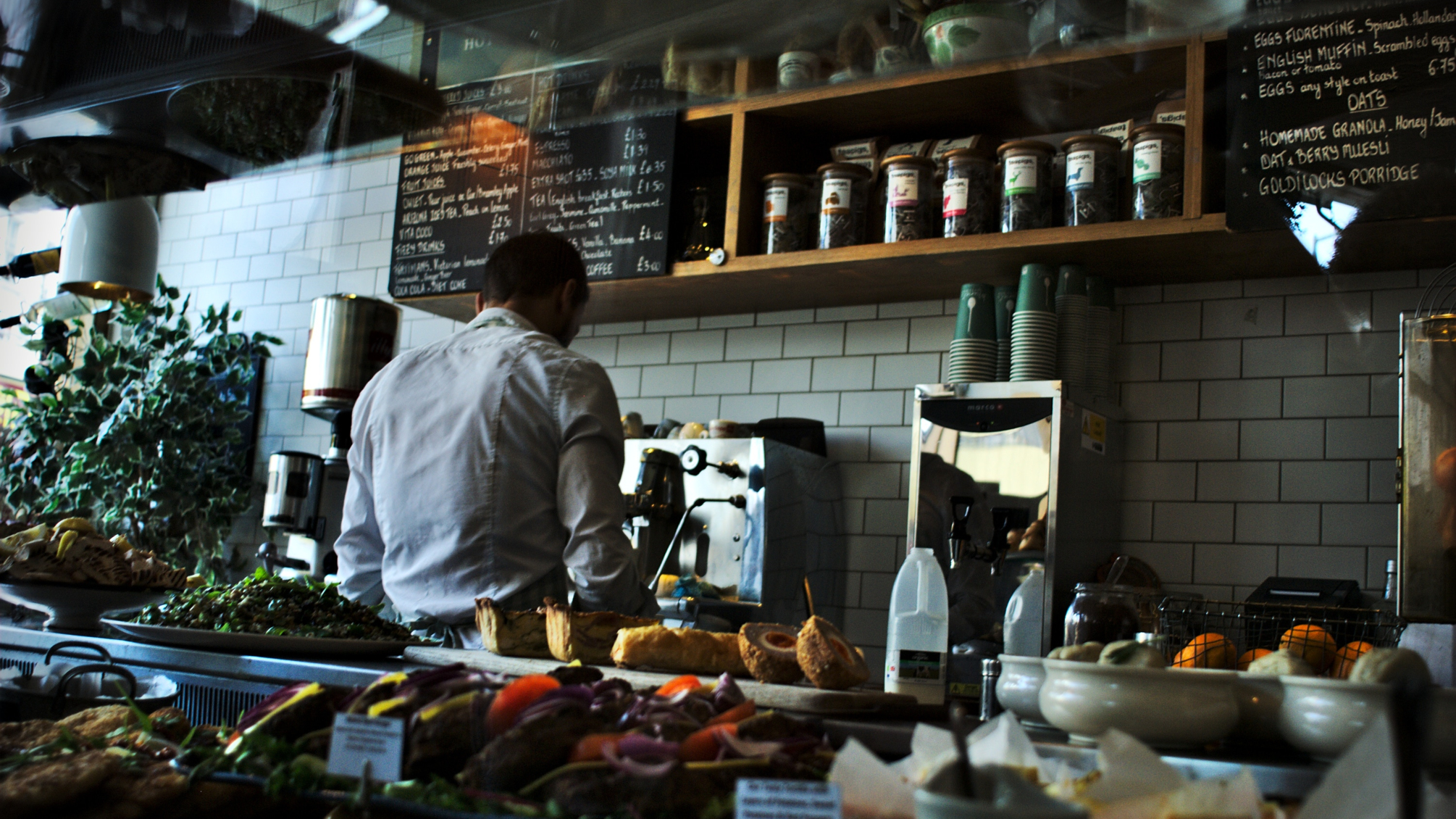
The two-hour on-demand test will be in multiple-choice format. The questions will be scenario based and will require the apprentice to show reasoning and joined up thinking. They must demonstrate that they can perform against key elements of the standard. The On-Demand Test will be on-screen and computer marked, and the assessment will take place in a ‘controlled’ environment away from the day to day pressures of work.
The questions will cover topics such as:
- The principles of an effective team, including the roles and responsibilities of team members and how team dynamics can affect the success of the team
- Customer preferences and customer profiling, including religious, medical and dietary requirements
- Common categories of costs and their relative proportions in the food production industry
- Principles of food waste control
- Classical and modern techniques of food preparation, cooking and finishing
- The importance of maintaining brand standards and business reputation
Practical Observation
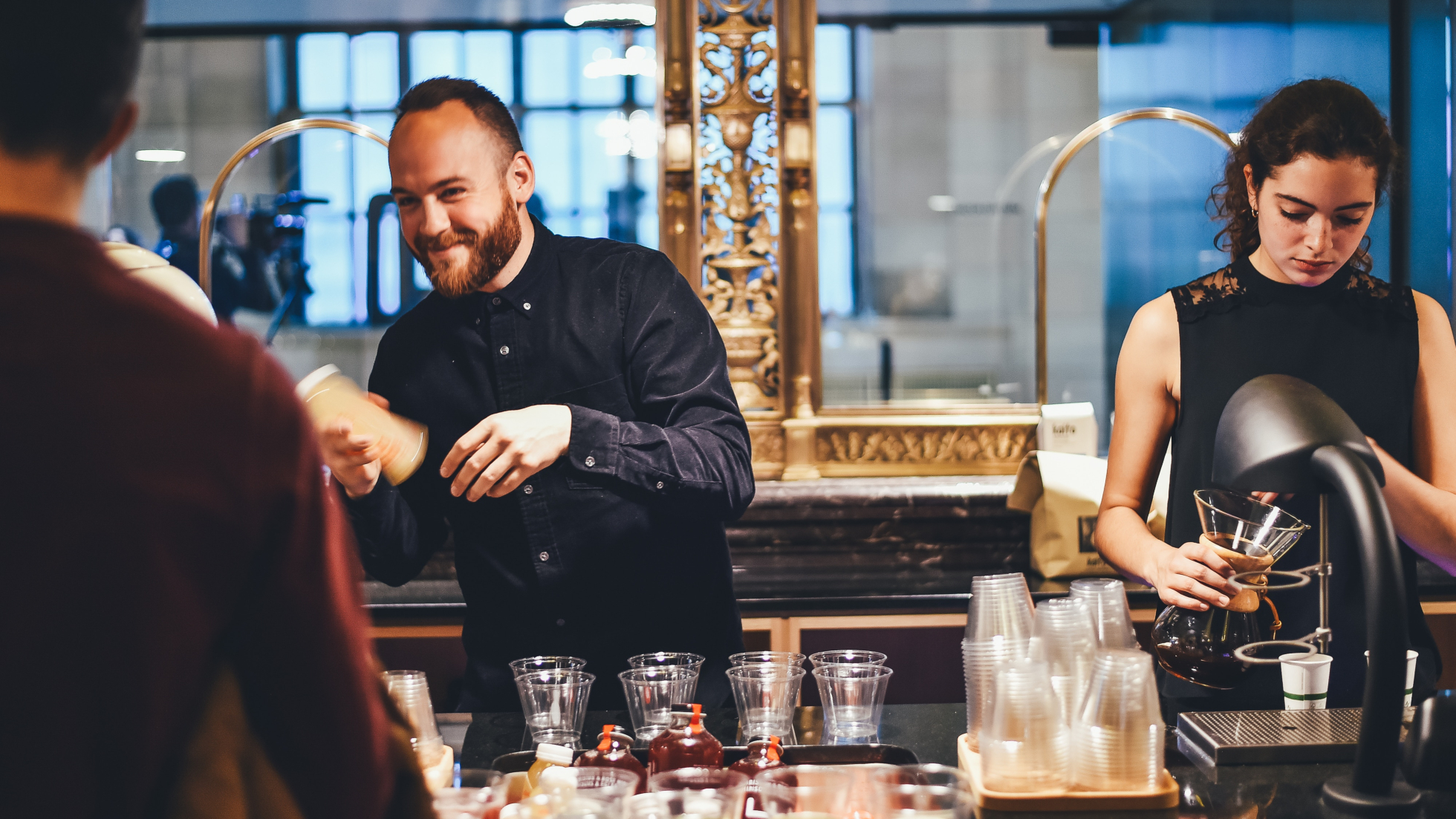
The four-hour Practical Observation is an observation of the apprentice in the kitchen environment and must include customer interaction. During the observation, the apprentice should have the opportunity to demonstrate their competence in the preparation, cooking and service of dishes.
The Observation must:
- Be conducted at a time which reflects typical working conditions and avoids seasonal periods of low levels of trading
- Allow the apprentice to demonstrate all aspects of the standard being observed
- Take a synoptic approach to observing their overall competence
The apprentice and employer must provide a two-week working schedule and must be planned in advance.
In the Practical Observation, the apprentice must show key competencies such as:
- Ensure that all their actions are in line with the business standard and dish specification
- Ensure that their activities comply with legal requirements, industry regulation, professional codes and organisational policies
- Communicate effectively with their team, customers and other departments
- Ensure the food and food production areas are prepared for service
- Ensure that stock and resources are ready for service and address any shortages or issues with stock accordingly
Culinary Challenge Project and Observation
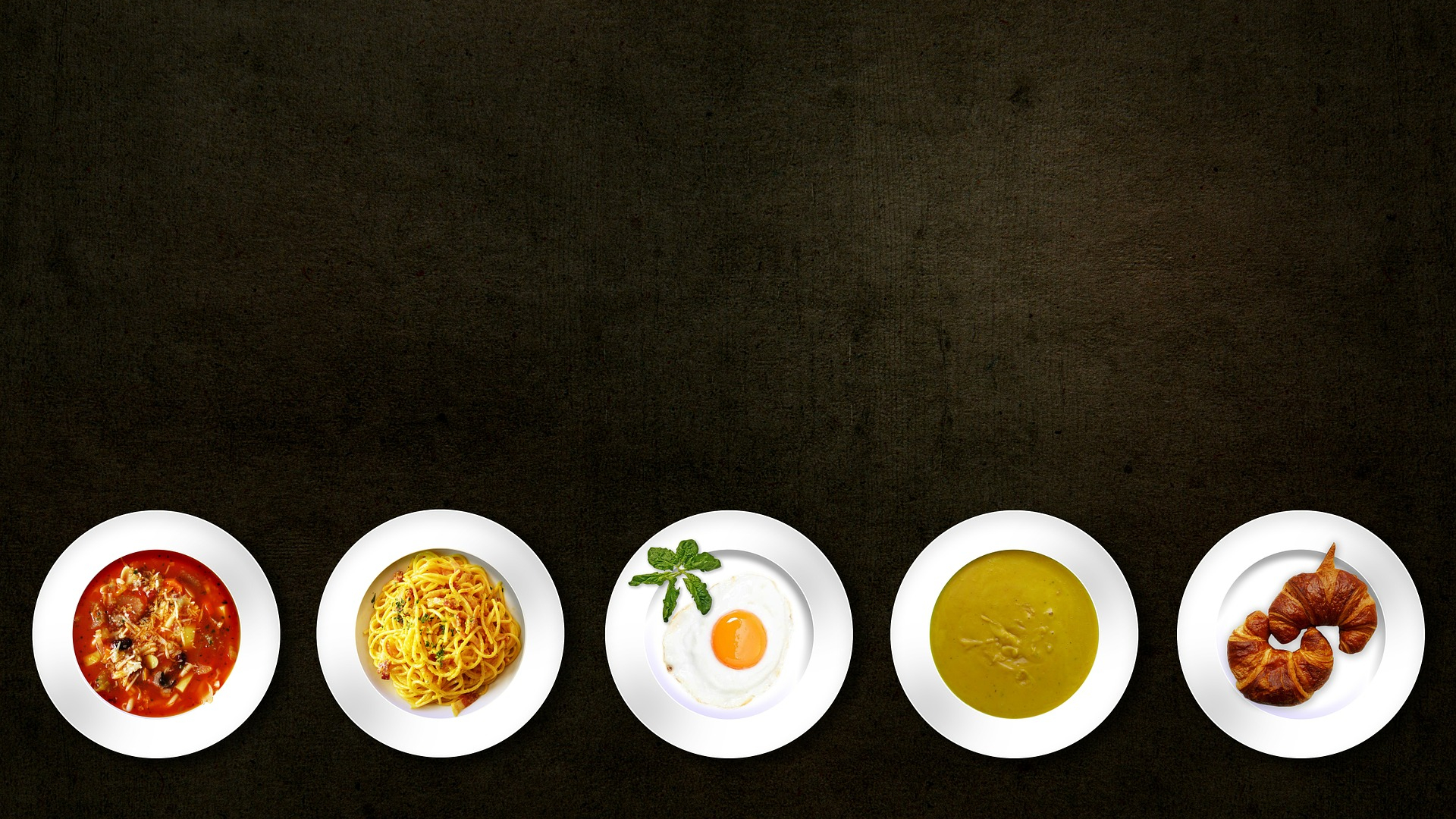
The three-hour Culinary Challenge and Observation will be an opportunity for the apprentice to display their precision and creativity. The Challenge requires the apprentice to design and cost a menu, which must comprise of three starters, three main courses and three desserts. The apprentice will submit this menu to the independent end assessor at least two weeks before the Observation, and the assessor will select the three dishes the apprentice must prepare in the assessment. On the day, the apprentice will produce a three-course meal from their menu for two people in three hours which will comprise of one starter, one main and one dessert. The apprentice will prepare a full recipe with a time plan before the assessment.
The menu design must adhere to certain standards outlined in the assessment plan such as:
- It must be a three-course menu comprising of three starters, three main courses and three desserts
- The menu should reflect current trends and should link to customer expectations, and, where appropriate, the organisation’s style
- The apprentice must design the menu independently and should not incorporate any dishes from the organisation’s menu
In the Culinary Challenge Observation, the apprentice must follow certain guidelines such as:
- They must prepare, cook and serve two portions of each course (starter, main course, dessert) within a three hour time window
- Either their starter or main course must incorporate meat, fish or poultry, which must be prepared from ‘whole’ – e.g. from a whole duck, whole turbot or whole rabbit
- Their main course must have at least two vegetable accompaniments appropriate to the dish
In order to pass the culinary challenge, the apprentice must demonstrate key competencies outlined in the standard such as:
- Provide evidence of research into the menu and dish options appropriate to the situation
- Produce a balanced menu with a range of dishes incorporating different skills and techniques for a range of foods
- Produce costings for the dishes appropriate to the dish prices
- Ensure their activities comply with legal requirements, industry regulation, professional codes and organisational policies
- Produce dishes on time in line with menu specifications
Professional Discussion
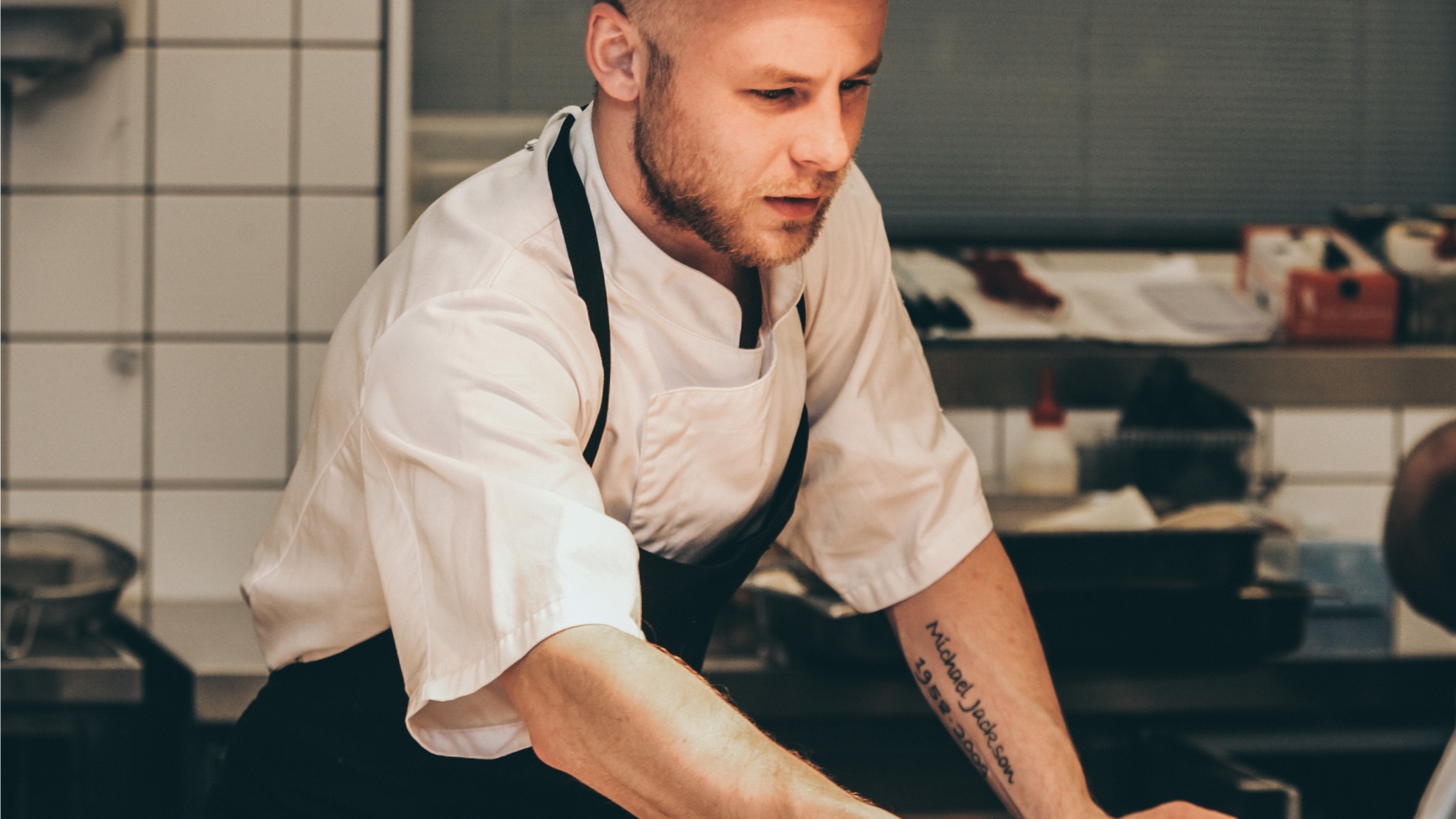
Before the Professional Discussion, the apprentice must write a log of complex dishes which will be reviewed in the Discussion. This log is the apprentice’s opportunity to present a variety of complex dishes they have prepared with full recipes, time plans, food safety controls and photos. The log should reflect the dishes produced and should not record the individual stages of preparation. (For example, a cheese soufflé would be an appropriate inclusion but grating cheese would not.) The log can contain dishes prepared at any stage during the apprentice’s learning and development period as long as they are complex enough. The complexity of these dishes may manifest itself in any of the following:
- The raw ingredient and the preparation methods required, for example, advanced butchery
- The number or combination of preparation, cooking and finishing methods
- The combination of flavours, tastes and ingredients
- The preparation and care taken to avoid errors with technical processes
- The precision with which preparation, cooking and service is executed
- The tools and equipment required to produce the dish to the required standard
The 90 minute Professional Discussion is a structured discussion between the apprentice and their independent end assessor. This Discussion will require 30 minutes to be used for review of the log of complex dishes and costings for the Culinary Challenge. The Discussion will be planned in advance to allow the apprentice to prepare fully so that they can demonstrate their competence and application against multiple areas of the standard, such as dish evaluation.
The Professional Discussion will be conducted in a ‘controlled environment’ i.e. in a quiet room away from the apprentice’s normal place of work. The assessor should recognise areas which have already been covered in the Observation and Culinary Challenge so that they don’t re-assess the apprentice in an area which they’ve already demonstrated competence in.
In order to pass the Professional Discussion, the apprentice must demonstrate competencies outlined in the standard such as:
- Explain why it is essential to instil the importance of company vision, values, empowerment and following procedures to staff
- Provide an overview of how the food production operation meets the needs of the business and customer
- Explain the importance of keeping up to date with current industry trends and provide examples of how this has been achieved
- Provide evidence to show they have been part of effective planning and review in the team
~
We hope this gave you some more insight into the EPA for Chef de Partie apprentices. After the completion of their apprenticeship, apprentices can progress into a senior culinary chef role and will be fully ready to help your organisation thrive!
To keep up to date with all the latest news from TQUK EPA, follow us on Twitter, Facebook, Instagram and LinkedIn.
See you around The Hive!
